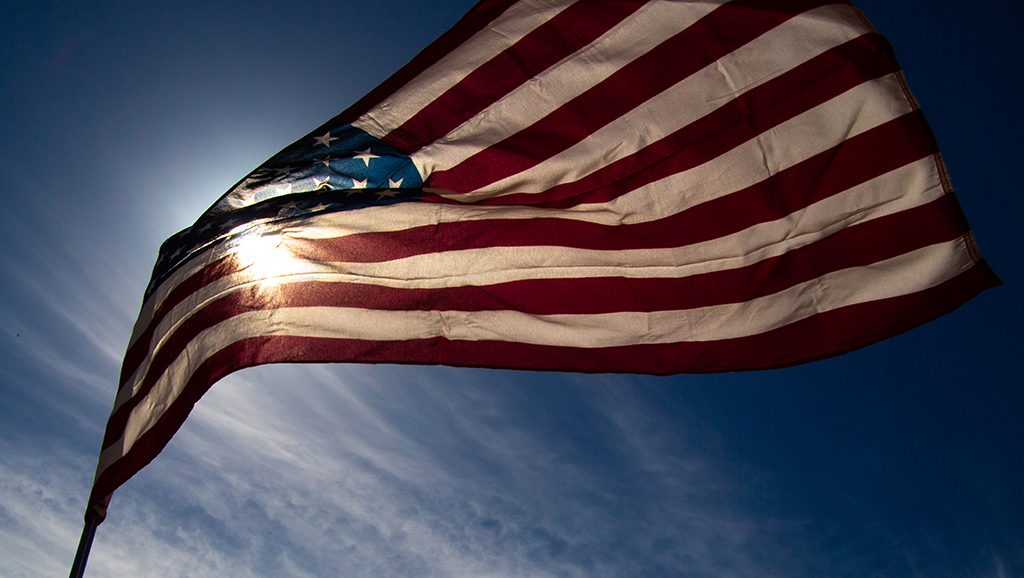With Independence Day occurring at a tumultuous time marked by a global pandemic and a national crisis over racial injustice, Climate gave local contributors carte blanche to write their perspectives on what makes America special. We will be publishing our contributors’ American Stories now through July 4. Keep an eye out for these unique and personal pieces.
—
Only on the last hour of the last day of the first week of June, when the school doors opened for the last time and a summer without end beckoned, did the oppression lift. That’s why I say, in retrospect, that I was nine years old when I last felt freedom.
This is how we celebrated liberty: Baseball in a weedy lot. Night hikes in woods. Tree forts. Lightning. Stars. Transistor radios. Dogs. A grassfire. Fistfights. Bicycle thefts, thieved and thieving. Lost glasses. Lost teeth. A broken arm. A diabetic coma.
We did not exercise our civil liberties wisely. Submission to authority became a necessary survival strategy.
This is how government exerted its authority: Interference in foreign governments, forced busing, race warfare, Vietnam, domestic riots, Kent State, Watergate, Presidential crimes, Iran, Iraq, Afghanistan and persistent, institutionalized racism.
Authority did not exercise its prerogatives wisely.
Founding documents declare America free, but the first, the Declaration of Independence, uses the term only four times, most importantly once where it declares King George “unfit to be the ruler of a free people.” Three times it advances the rights of “free states.”
It declares not freedom for all, only that “all men are created equal,” entitled to “Life, Liberty and the pursuit of Happiness.” When they said “men” arguably they meant only men.
The Constitution says “free” once, establishing representation for “free Persons;” “others” valued at three-fifths a person.
“Freedom” appears twice in the Bill of Rights but only to establish freedom of the press, the people to assemble and petition the government.
The country did go to war for freedom, once. One hundred years after the founding, Abraham Lincoln, the Great Emancipator, advanced a new definition at Gettysburg when he said, “This nation shall have a new birth of freedom and that the government of the people, by the people and for the people, shall not perish from the earth.”
But of all great American political figures none elevated “freedom” more than the Rev. Martin Luther King, Jr. He rode the Freedom Train. He led the Freedom March. He pleaded for it, he spoke it, he thundered it from a thousand pulpits. Millions of black Americans thundered back.
Freedom, it turns out, is the gift of slavery, the struggle against its ever-living consequence. It’s the tortured plea of black America, today the shared cry of many colors.
May it come to all, someday, equally.
Don Shoecraft has had careers in journalism, communications and book-writing. He’s now free to play golf and volunteer, one of which he does well.
Perspectives:






